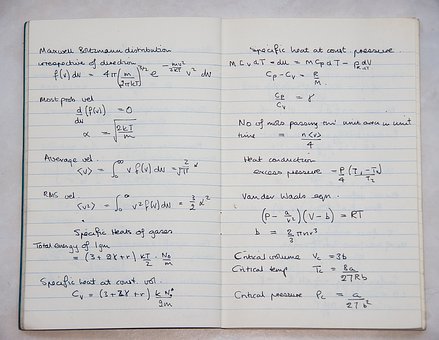 I have a superintendent who is very evidence based results. The only problem is that it took till earlier this year for the district to get a school wide assessment which included high school. We've had others but not for the high school.
I have a superintendent who is very evidence based results. The only problem is that it took till earlier this year for the district to get a school wide assessment which included high school. We've had others but not for the high school.We know we have students who are missing key components in their math foundations so they struggle with high school level mathematics. I will be teaching a foundations of math class next year for these students.
Since its basically a Response to Intervention (RTI) course, I needed to more about applying it to these students. I've attended a few RTI things but they've been geared more for reading than for math.
I realize this should have started in elementary school but the local elementary school has focused on other things so many students slipped through the cracks mathematically. High school is a bit late but if I can help them become better, that is great.
After a bit of research, I found a lovely report which provided some great information for this topic. According to the report universal screening, explicit and systematic instruction methods, and data based decision making are the 3 most important practices applied to mathematical intervention.
There is evidence for having students practice fluent retrieval of basic mathematical facts at least 10 minutes a day. In addition, it is recommended research based programs be included using technology to help engage students.
Another paper, lists 6 reasons students are unmotivated in class which is one reason they may need intervention.
1. They are unable to do the work due to lacking certain basic skills.
Students need to be taught the missing skills in order to do the work. One way is to make sure the material in the lesson is is matched to the students ability. One should open the lesson with a brief review of basic concept or material previously practiced. State the goals for the current lesson, and break all material into small manageable steps.
The other 5 reason can be countered through the use of various methods such as improving lessons to make them more engaging, assign a choice of problems so students have more control, etc.
2. The response effort is seen as too big an effort.
3. Classroom instruction does not engage student attention.
4. Student does not see adequate payout for doing the work.
5. Student lacks the confidence they can do the work.
6. Student does not have a positive relationship with the teacher.
In a couple of days, I'll look more at specific RTI techniques for high school math as that is one we often have to deal with as teachers. I have students who are absent 30 to 60 days a semester so they are missing out on vital information.
Let me know what you think. I'd love to hear.
No comments:
Post a Comment